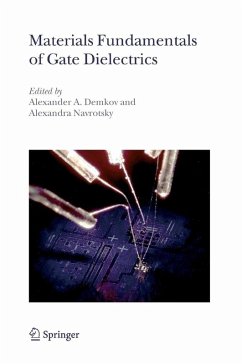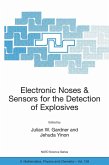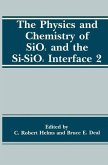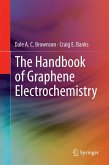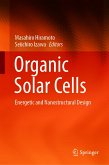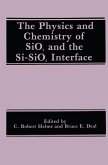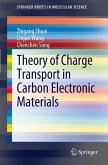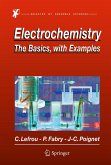Materials Fundamentals of Dielectric Gates treats materials fundamentals of the novel gate dielectrics that are being introduced into semiconductor manufacturing to ensure the continuous scaling of the CMOS devices. This is a very fast evolving field of research so the focus is materials, mostly transition metal oxide, that determine performance in device applications. The complexity of the structure-property relations in TM oxides makes the use of the state-of-the-art first-principles calculations necessary. Several chapters give a detailed description of the modern theory of polarization, and heterojunction band discontinuity within the framework of the density functional theory. Experimental methods include oxide melt solution calorimetry and differential scanning calorimetry, Raman scattering and other optical characterization techniques, transmission electron microscopy, and x-rayphotoelectron spectroscopy. Since many of the problems encountered in the world of CMOS are also relevant for other semiconductors such as GaAs, a comprehensive review of recent developments in this field is thus also given
Dieser Download kann aus rechtlichen Gründen nur mit Rechnungsadresse in A, B, BG, CY, CZ, D, DK, EW, E, FIN, F, GR, HR, H, IRL, I, LT, L, LR, M, NL, PL, P, R, S, SLO, SK ausgeliefert werden.

